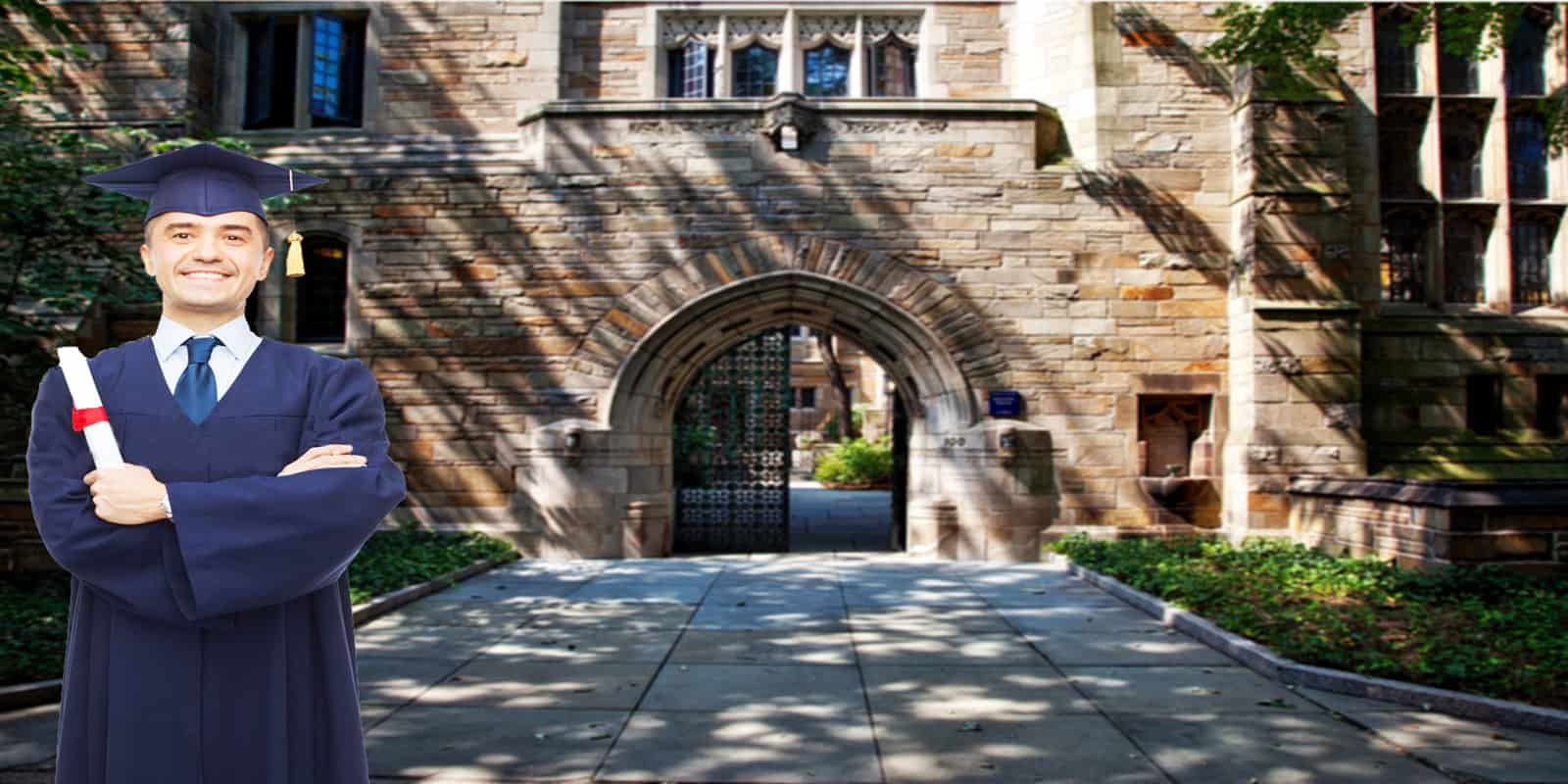Susan Greenfield: What makes us human - BBC News.
Susan Greenfield and David Babbs, executive director of the social campaigning site 38 Degrees, debate whether, for its rapid technological advances, the internet is bringing out the best in us.
By SUSAN GREENFIELD Human identity, the idea that defines each and every one of us, could be facing an unprecedented crisis. It is a crisis that would threaten long-held notions of who we are, what.

Greenfield describes in great detail how neurons in the brain 'talk' to each other. There are a hundred billion neurons in the human brain - a clever animal like an octupus has only 170 million nerve cells in comparison. She shows how poor and inadequate is the analogy of a brain with a computer.
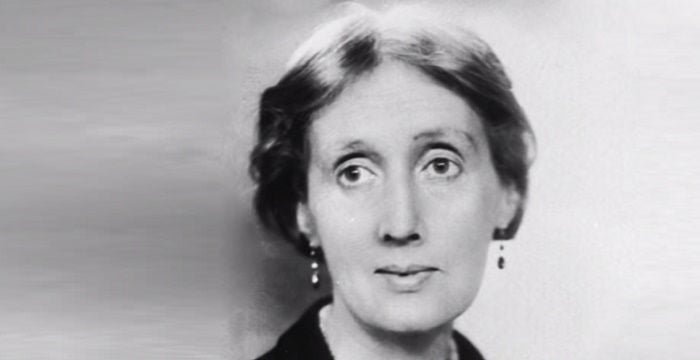
Susan was a joy to take a class with--very engaged with the material and her students, and also extremely humble and completely ego-less. She grades VERY hard on papers, but not maliciously--she mandates revisions which allow room to improve, and if you take the time to do so, she'll recognize it. A very upbeat, eccentric, and kind professor.
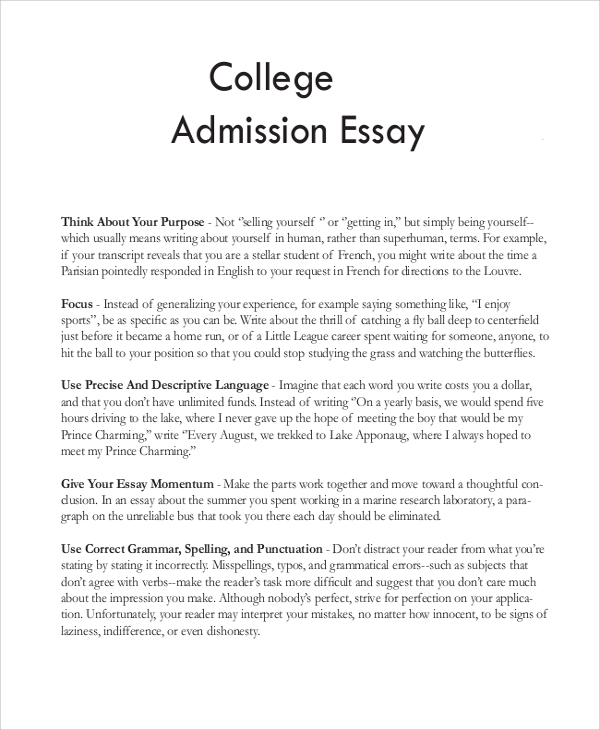
Susan Greenfield shares invaluable advice on leadership and the human mind and is immensely popular with audiences around the world. She is highly sought after for her ability to make science, technology, the human mind and other comprehensive subjects more accessible.

Speaker Susan Greenfield is a scientist and expert on brain consciousness and neuro-degenerative diseases such as Alzheimer's and Parkinson's.
LongS16Jespersen_files/image138.jpg)
Susan Adele Greenfield, Baroness Greenfield, CBE, FRCP (born 1 October 1950) is an English scientist, writer, broadcaster, and member of the House of Lords. Her research has focused on the treatment of Parkinson's disease and Alzheimer's disease.

Susan's theory of neurodegeneration. The crucial question that Susan is trying to answer is - what is the basic mechanism of neurodegeneration? Whenever brain cells are damaged, say by a stroke, or blow to the head, recovery of function will usually occur to some extent.
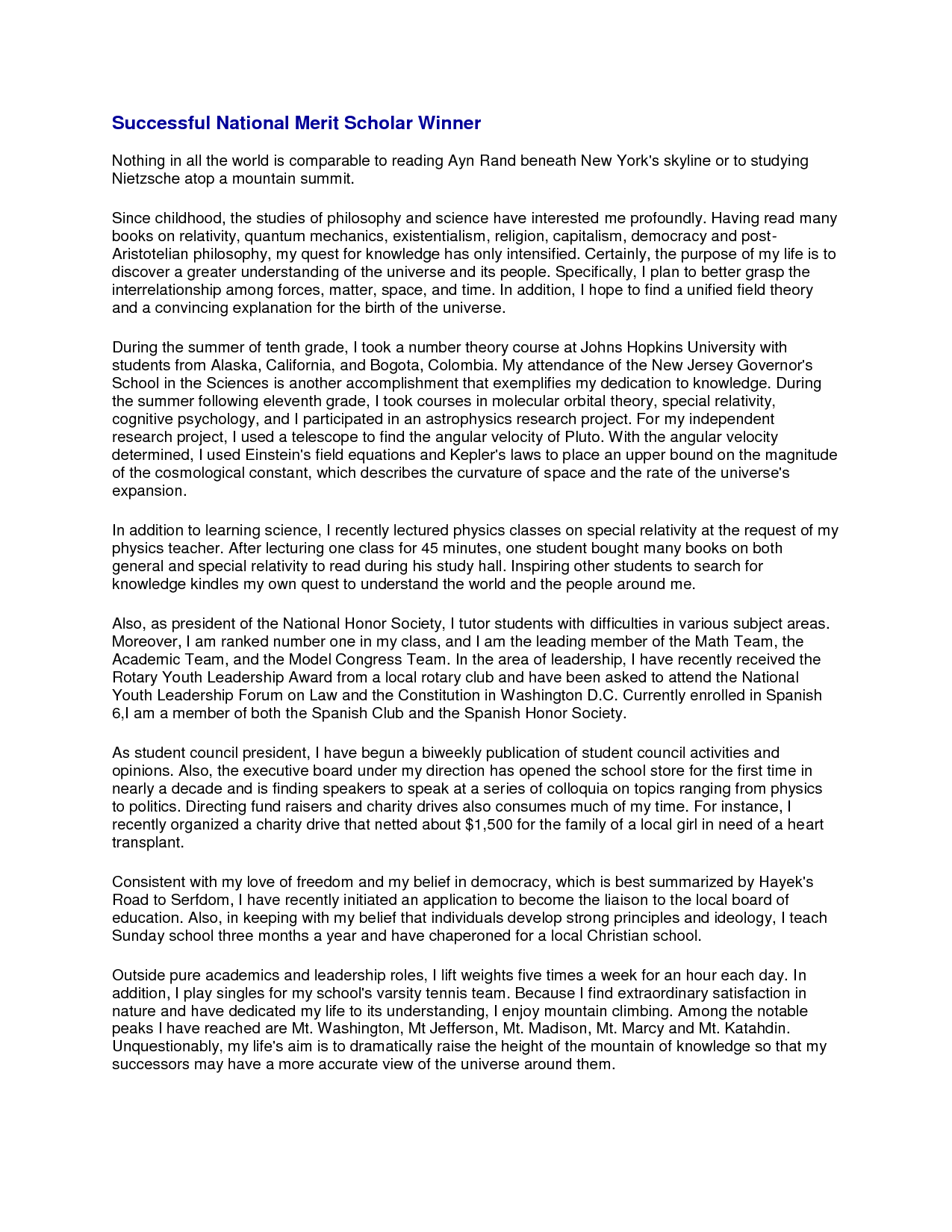
Jeremy Vine explores what makes us human in this landmark BBC Radio 2 series.Guests deliver their thoughts on the essence of human existence, reflecting on their own lives.

In Mind Change, Susan Greenfield discusses the all-pervading technologies that now surround us, and from which we derive instant information, connected identity, diminished privacy and exceptionally vivid here-and-now experiences.

All episodes of What Makes Us Human with Jeremy Vine. Homepage.. Susan Greenfield.. The BBC is not responsible for the content of external sites.
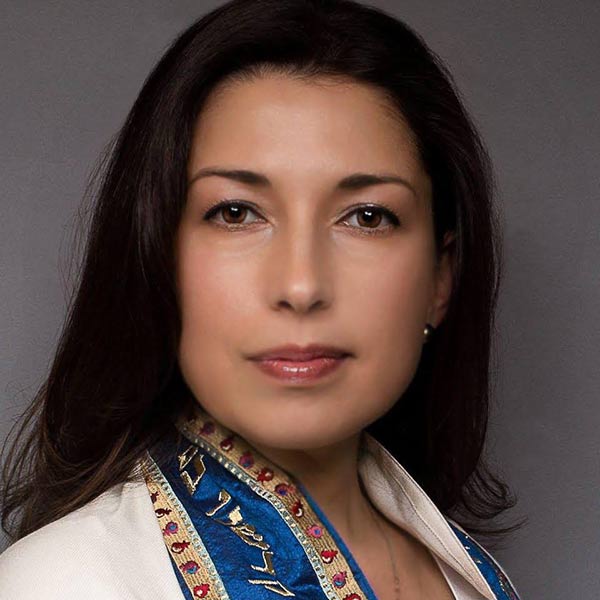
Susan Greenfield is highly sought after for her innate ability to make science, technology and the human mind more accessible and comprehensive subjects. She breaks the mould and changes audiences' preconceptions by offering valuable information in a remarkably down to earth manner.

While we do not possess a qualitatively unique brain area that makes us human, the prefrontal cortex is the key brain region that shows a huge quantitative difference between our species and the.

